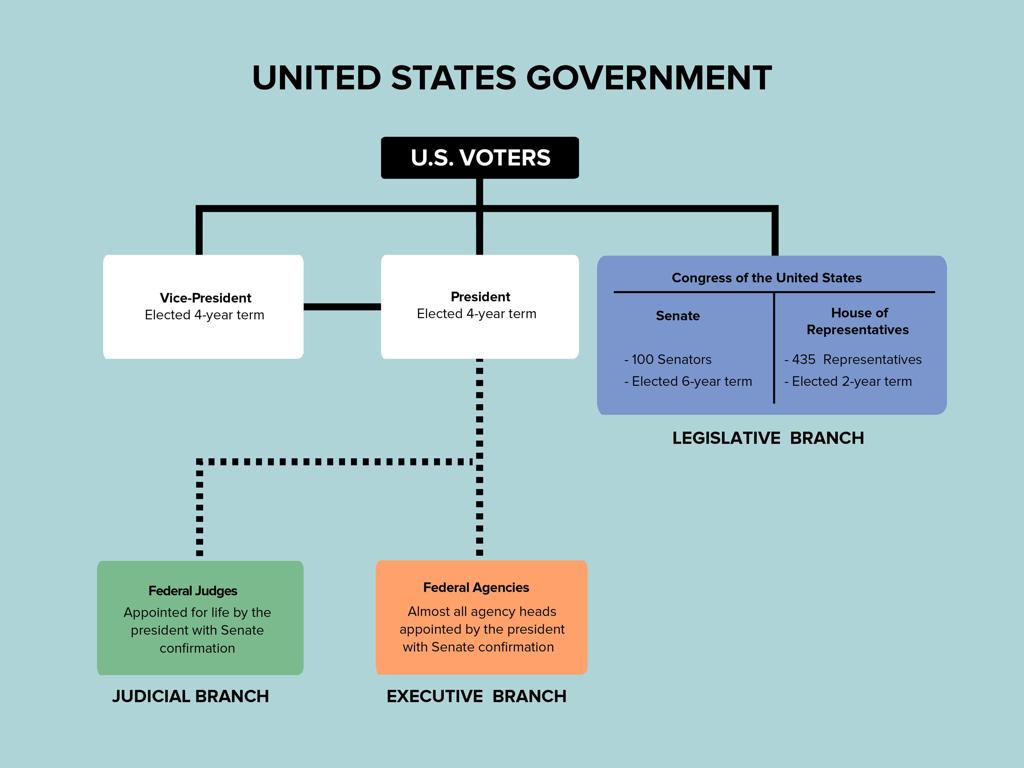Trade And Specialization
Subject: Social studies
Grade: Seventh grade
Topic: Basic Economic Principles
Please LOG IN to download the presentation. Access is available to registered users only.
View More Content
Trade and Specialization in Economics
– Exploring why countries trade
– Countries trade to access goods they can’t produce or to buy cheaper/better products.
– Benefits of trading internationally
– Trading globally can lower costs, increase variety, and drive economic growth.
– Defining specialization in economics
– Specialization means focusing on a narrow area of production to increase efficiency.
– Advantages of economic specialization
– Specializing allows countries to produce higher quality goods at a lower cost.
|
This slide introduces the concepts of trade and specialization within the framework of basic economic principles. Students will learn why countries engage in trade, such as to obtain resources that are not available domestically or to capitalize on lower production costs abroad. They will also explore the concept of specialization, where a country or region focuses on producing a limited scope of goods or services to gain a competitive advantage in efficiency and expertise. Discuss examples like Japan specializing in technology or Brazil in coffee production. Encourage students to think about what their own community specializes in and how that contributes to trade.
Understanding Trade
– Define trade
– Exchange of goods/services between parties
– Daily life trade examples
– Buying a book, selling lemonade
– International trade
– Countries exchanging goods like oil, electronics
– Benefits of trade
|
This slide introduces the concept of trade to students by defining it as the exchange of goods or services between parties. Start by discussing trade in a way that’s relatable to their everyday experiences, such as purchasing a book or selling lemonade. Then, expand the concept to an international level, explaining how countries trade goods they are abundant in for goods they lack, like oil or electronics. Emphasize the importance of trade in promoting economic growth, cultural exchange, and global interdependence. Encourage students to think of examples of trade they have witnessed or participated in and discuss the benefits of such exchanges.
Benefits of Trade and Specialization
– Access to diverse goods/services
– Trade lets us buy products not available locally, like tropical fruits in cold regions.
– Boosts efficiency and innovation
– Competition in markets leads to better products and new technologies.
– Influences prices
– Supply and demand across borders can lower costs, making products cheaper.
– Enhances economic interdependence
|
This slide aims to explain the positive impacts of trade and specialization on economies and individuals. By trading, countries and people can enjoy a wider range of goods and services that may not be produced locally, such as exotic fruits or specialized electronics. This exchange promotes efficiency as producers aim to create better products at lower costs to stay competitive. Innovation is driven by the desire to stand out in the market. Additionally, trade can affect prices through the principles of supply and demand; when goods are traded internationally, it can result in lower prices for consumers. Lastly, trade fosters economic interdependence among nations, which can lead to more stable global relations. Encourage students to think of examples of imported goods they use and how their lives are improved by access to these products.
Understanding Specialization in Economics
– Define economic specialization
– Specialization: focusing on a limited scope of products or skills.
– Reasons for specialization
– People and countries specialize to increase efficiency and productivity.
– Specialization fosters trade
– Specialization leads to trade by creating surpluses that can be exchanged.
– Benefits of trade and specialization
– Trade allows for a greater variety of goods and services, and can improve economic welfare.
|
Specialization is a fundamental concept in economics where individuals, businesses, or countries focus on producing a narrow range of goods or services to increase efficiency and output. Specialization often leads to trade, as entities produce surplus goods or services that they can exchange for other needed items. This slide will explain why specialization occurs, how it leads to trade, and the mutual benefits that arise from this economic principle. Encourage students to think of examples where they have specialized in tasks or activities and how that might relate to the broader economic context.
Pros and Cons of Specialization
– Advantages of specialization
– Increases efficiency and skillsets
– Disadvantages of specialization
– Can lead to over-reliance on one sector
– Global economy and specialization
– Countries focus on industries they excel in
– Finding balance in trade
– Diversification to mitigate risks
|
This slide aims to discuss the benefits and drawbacks of specialization in an economy. Specialization can lead to increased efficiency and improved skills as workers or countries focus on specific industries. However, it can also result in over-reliance on one sector, making an economy vulnerable to demand shifts or resource depletion. In the global economy, countries often specialize in industries where they have a competitive advantage, which can lead to trade benefits. It’s crucial to balance specialization with diversification to mitigate potential risks. Encourage students to think about how specialization might affect their local economy and what industries their region specializes in.
Specialization in Action: Global Examples
– Japan’s tech industry leadership
– Japan has specialized in electronics and automobiles, becoming a global leader.
– Brazil’s coffee production dominance
– Brazil is the world’s largest coffee producer, focusing on this crop to excel.
– Specialization fosters global trade
– Countries trade to obtain goods they don’t produce, benefiting from each other’s specializations.
– Benefits of trade and specialization
– Specialization leads to efficiency, higher quality, and economic growth.
|
This slide presents real-world examples of how countries specialize in certain industries and how this specialization leads to trade. Japan has become a leader in technology by focusing on the development and production of electronics and automobiles. Brazil, on the other hand, has specialized in coffee production, using its climate and resources to become the world’s top coffee producer. These specializations allow countries to trade with one another, obtaining goods they do not produce domestically. This leads to a more efficient allocation of resources, higher quality products, and overall economic growth. Encourage students to think about other examples of specialization and trade, and discuss how this principle applies to various aspects of the global economy.
Class Activity: Let’s Trade!
– Divide into small groups
– Each group is a unique country
– Think of products your country has that others might want
– Negotiate trades between groups
– Use persuasive skills to form beneficial trade agreements
– Aim to maximize group wealth
– Reflect on how trade increases the wealth of a country
|
This activity is designed to simulate the concept of trade and specialization in a fun and interactive way. By dividing the class into small groups, each student will have the opportunity to participate actively. Each ‘country’ should have a set of resources or products that they can trade, with some being unique to simulate comparative advantage. Encourage students to think about the benefits of trade and how specializing in certain products can lead to increased wealth. The teacher should facilitate the activity by ensuring fair negotiations and guiding the students to understand the economic principles at play. Possible variations of the activity could include introducing ‘trade barriers’ or ‘resource depletion’ to add complexity and further learning opportunities.
Wrapping Up: Trade and Specialization
– Recap: Why trade matters
– Trade allows countries to thrive by exchanging goods they produce best.
– Specialization’s role in economies
– Specialization leads to efficiency and skill development in specific industries.
– Trade’s impact on daily life
– From groceries to technology, trade shapes availability and prices.
– Next lesson: Supply and Demand
|
As we conclude today’s lesson, remind students of the key reasons why trade is essential for the prosperity of countries and how specialization contributes to economic efficiency and growth. Highlight examples from everyday life, such as how the variety of food and gadgets they enjoy are available due to international trade. Prepare them for the next lesson by briefly mentioning that supply and demand are fundamental concepts that affect how trade and specialization work in the real world. Encourage them to think of questions or examples related to supply and demand for the next class.






